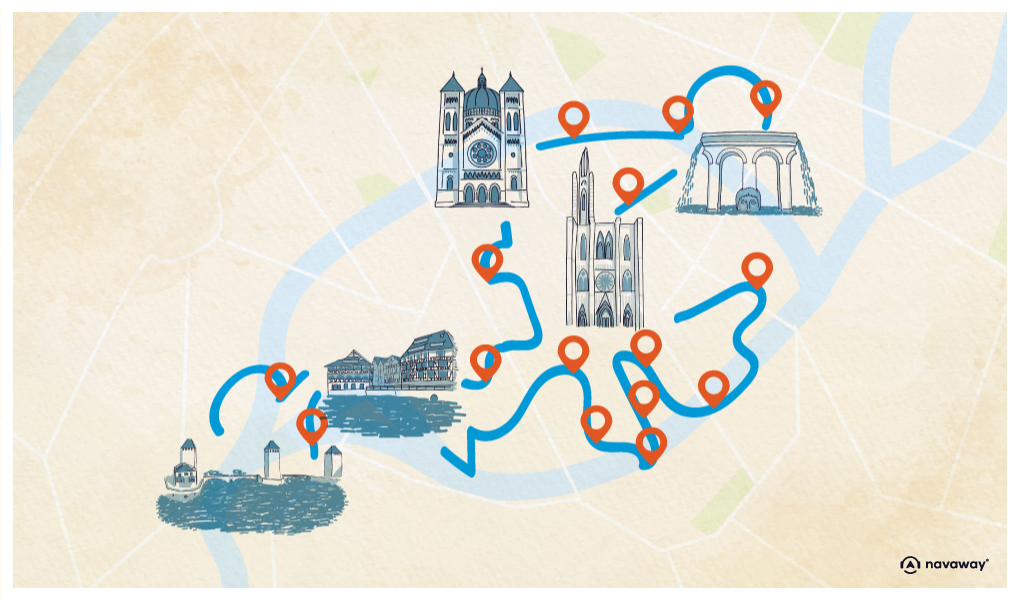
Republic square
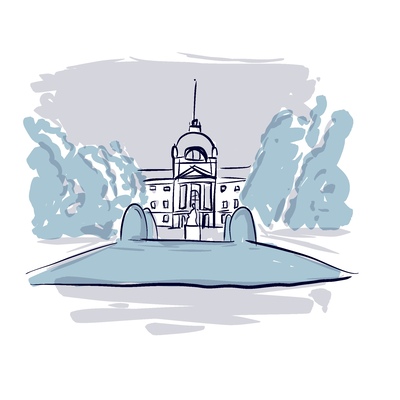
This point of interest is available as audio on the tour: Visit Strasbourg, From Petite France to Greater Europe
This park-like square tells us a lot about Strasbourg’s history. You’re at the very heart of the new city, built by the Germans – or, rather, at the time, the Prussians. After the defeat of France in 1870, they were determined to make Strasbourg the capital of the Reichsland of Alsace-Lorraine. The square, then known as Kaiserplatz, that is, the Emperor’s Square, was built to serve as the city’s new political and administrative center. The entire Neustadt district was constructed along the lines of a modern approach to urban planning, featuring wide avenues and opulent buildings. The whole idea was to show off the power and wealth of the Prussian Empire. Take a look around you. On your left, you’ll see the Rhine Palace, constructed in a neo-Renaissance style. It was built to accommodate the Emperor during his visits to Strasbourg. Now that there are no German emperors visiting Strasbourg, the building houses the Central Commission for Navigation on the Rhine, comprising of five member countries, all bordering the river. In fact, it’s the oldest international organization in the world. Just across the street, you’ll see two buildings lining the square; it’s the National Academic Library, on the left, and the National Theatre, on the right. The latter was the first national theater to be established in the French provinces. In the center of the square, you’ll find a striking war memorial depicting a woman with her two children. One son died for France, the other for Germany. Such was the tragic reality for Alsatians, given their dual cultural identity. Feel free to return to the neighbourhood to further explore and admire its grandiose yet elegant imperial architecture. The Neustadt is now listed as a UNESCO World Heritage Site.


Discover Strasbourg with app
An interactive guide through the most beautiful streets, squares, and districts
32 fun audioguides full of historical facts, anecdotes, and legends
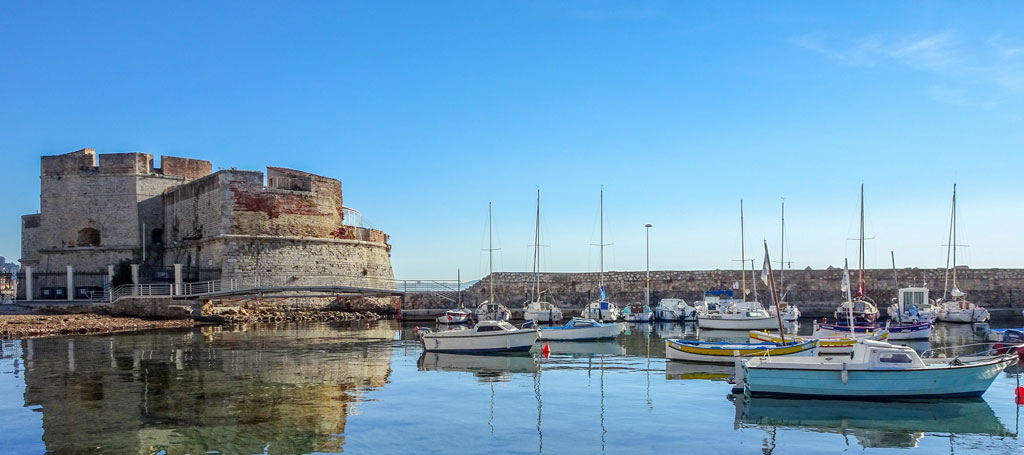
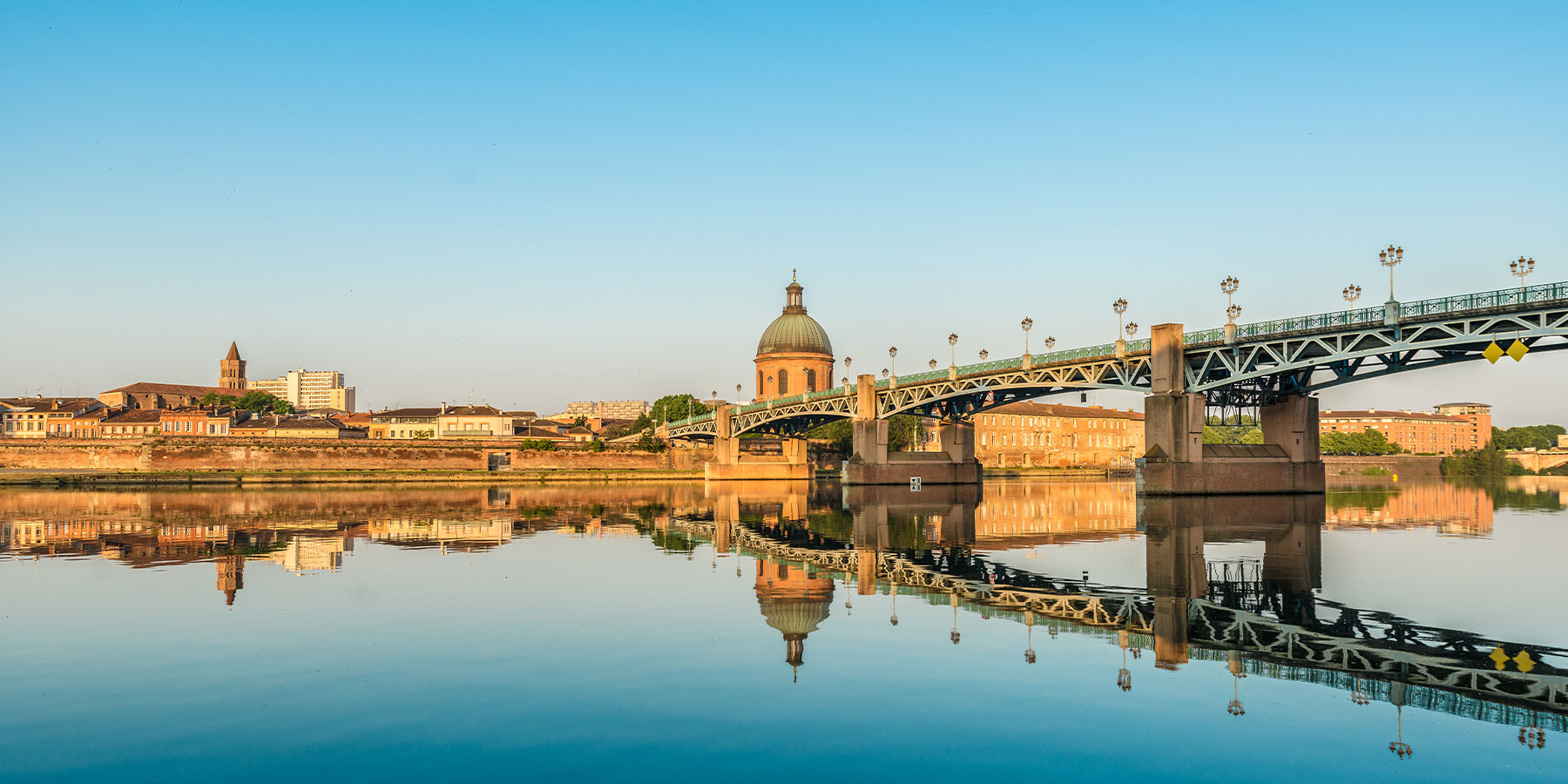
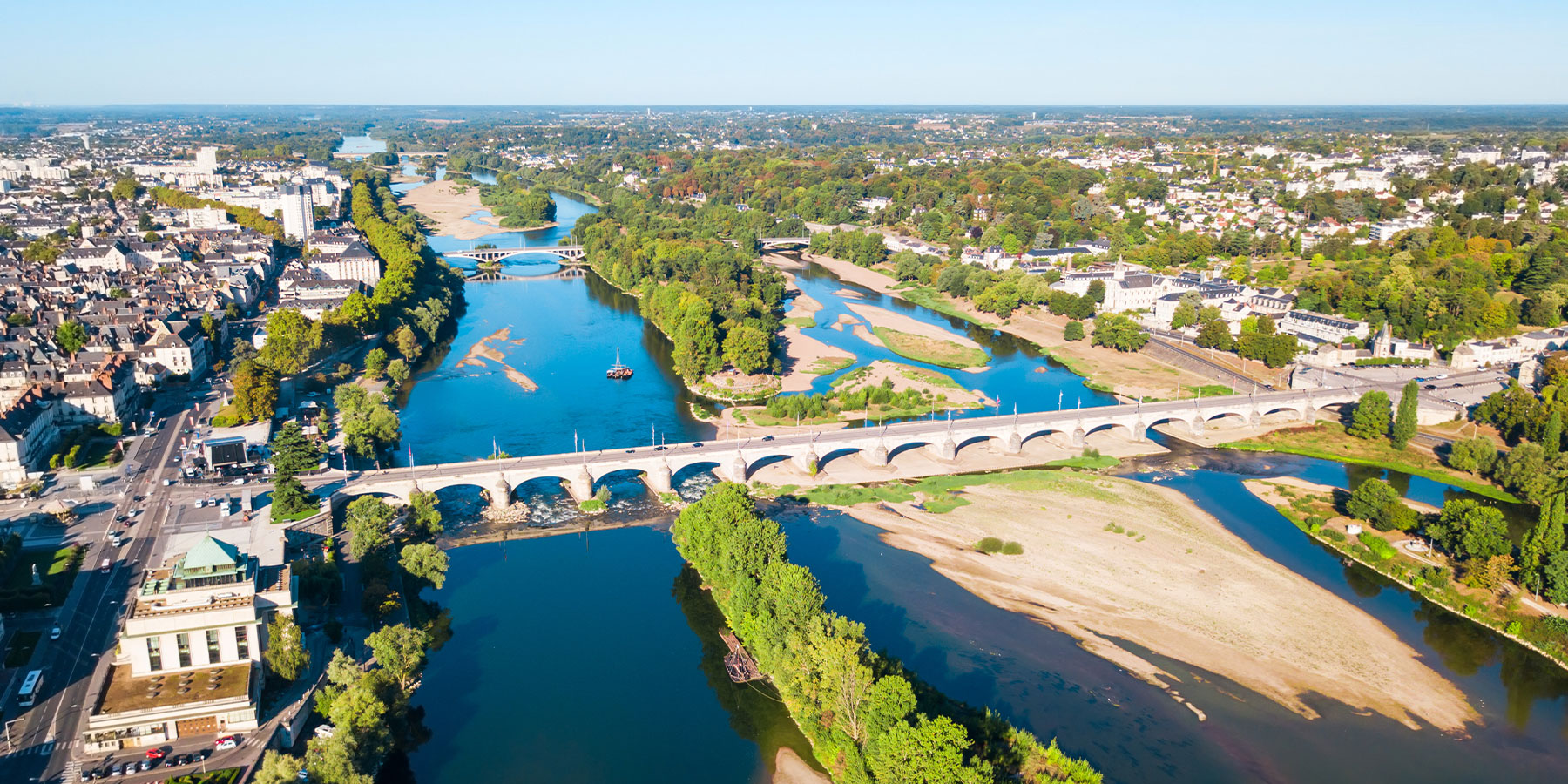
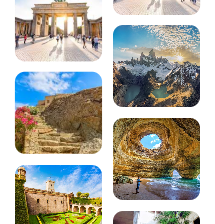

Comments